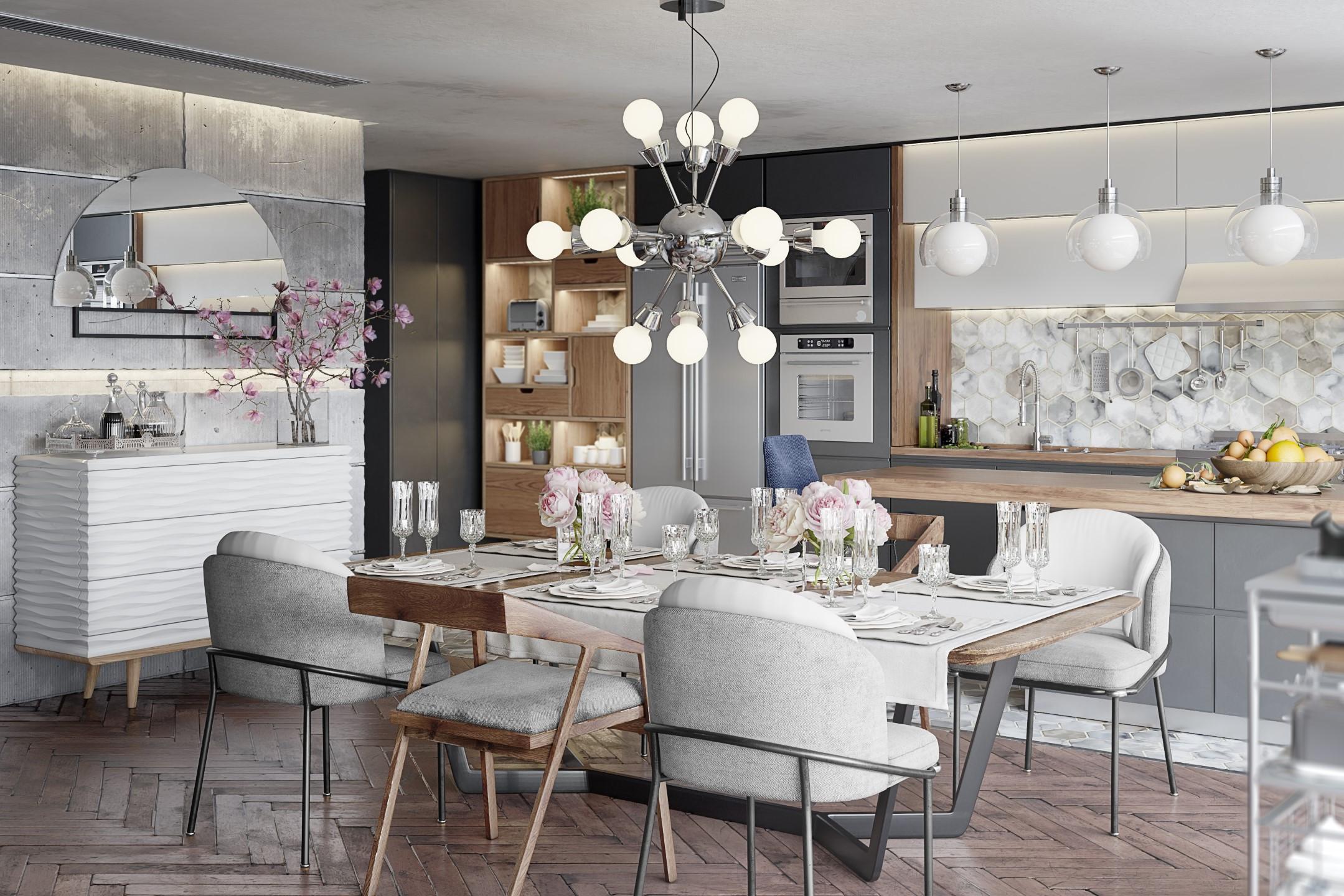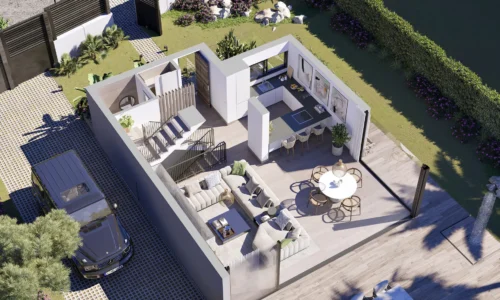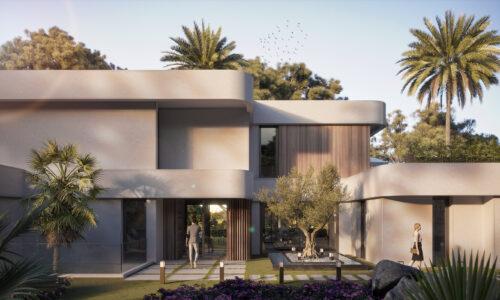
Creating Stunning 3D Visuals: How to Avoid Common Rendering Mistakes
- Yissel Álvarez
- July 13, 2023
- 3D Design
- 0 Comments
When it comes to rendering architectural projects, there are common mistakes that can impact the quality and realism of the renders. One of the most frequent errors is a lack of attention to detail, such as proper lighting and realistic materials, which can result in unconvincing renders. Another common mistake is neglecting the scale and proportion of elements in the scene, making the project appear unrealistic. To avoid these errors, it is important to pay attention to detail, use appropriate lighting and realistic textures, and ensure that elements in the render are correctly scaled and proportioned.
Achieving Realistic Architectural Renders: Avoiding Common Mistakes
When rendering architectural projects, it is possible to make mistakes that can affect the quality and final outcome of the images. Here are some common errors when rendering and how to avoid them:
Unrealistic Lighting:
A common mistake is using unrealistic lighting, resulting in flat or unnatural-looking renders. To avoid this, make sure to use a balanced combination of natural and artificial lighting, paying attention to the direction, intensity, and color of light. Try different lighting setups to achieve a realistic look that is consistent with the design.
Incorrect Materials and Textures:
Using incorrect or poorly applied materials and textures can impact the overall appearance of the renders. Ensure you use high-quality textures and properly assign them to objects and elements in the 3D model. Pay attention to material properties like glossiness, reflectivity, and roughness to achieve a realistic look.
Poor 3D Modeling:
Inadequate 3D modeling can result in irregular shapes, incorrect proportions, or missing details in renders. It is crucial to ensure that the 3D model is accurate and complete before rendering. Carefully review the model to correct any geometry errors and ensure all architectural details are present.
Lack of Attention to Detail:
Details make a difference in render quality. A common mistake is neglecting details in objects and the environment. Make sure to add realistic and design-consistent elements such as furniture, vegetation, people, or other accessories that enrich the representation and bring the space to life.
Excessive Use of Post-production Effects
Post-production can enhance renders, but it’s important not to overdo it with effects. Excessive use of filters, color adjustments, or special effects can make renders look unrealistic or artificial. Use post-production in moderation and subtly enhance key aspects of the image without losing its natural appearance.
Inadequate Rendering Time
Rendering a scene can take a long time, and tight deadlines can lead to rushed and low-quality renders. It is essential to plan and allocate sufficient time for rendering, adjusting the settings appropriately to achieve a balance between quality and rendering time.
Lack of Reference and Preliminary Study
A common mistake is failing to research or study the architectural design thoroughly before rendering. It is crucial to understand the design intent, materials used, the surrounding environment, and any available visual references. This will help you create more accurate and coherent renders aligned with the architect’s or designer’s vision.
Read this article: How to Use 3D Visualization to Effectively Communicate Architectural Designs
By avoiding these common mistakes and paying attention to detail, you can enhance the quality and realism of your architectural renders. At Zenit Visuals, we have a team of experienced architects who are dedicated and committed to providing you with high-quality services in any of these areas.
If you need assistance with your architectural project and require visualization services, please feel free to contact us for further information.
Related Posts

- Alejandro Postigo
- August 13, 2024
3D Plans: Their Emergence in Architectural Visualisation
At Zenit Visuals, we keep you informed about everything related to the emergence of 3D plans in ..

- Yissel Álvarez
- January 9, 2024
The Impact of Artificial Intelligence on Architectural Visualization in 2024
The Impact of Artificial Intelligence on Architectural Visualization in 2024 is reshaping the l ..

